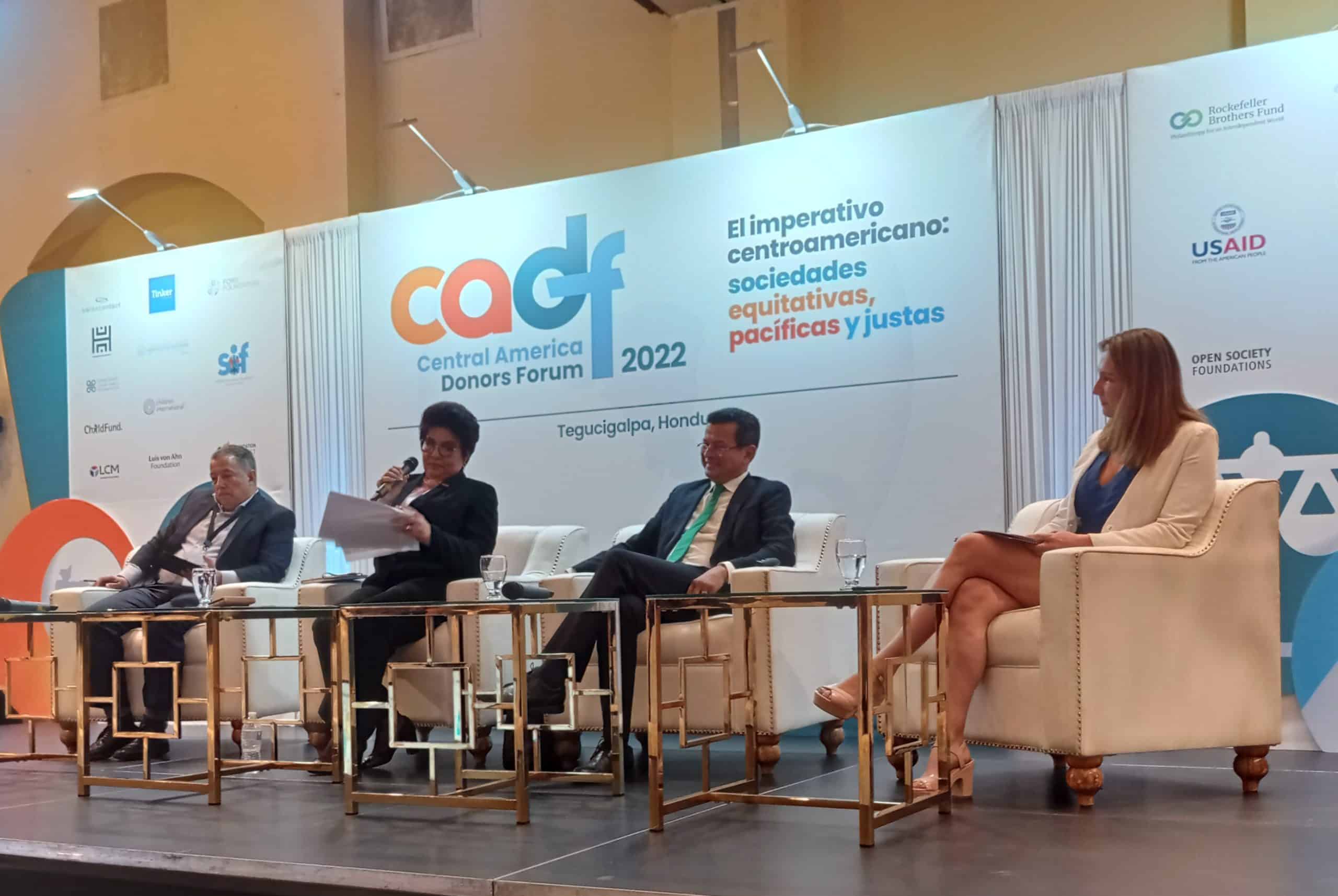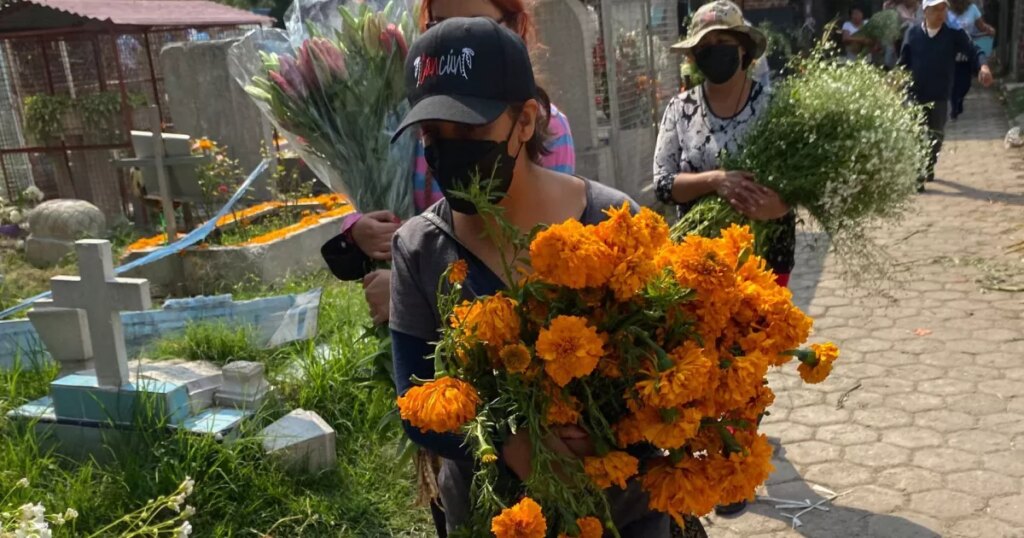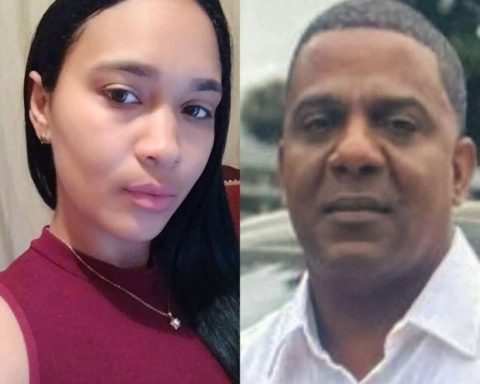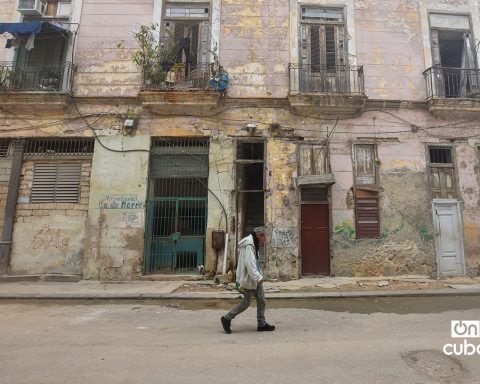The former Salvadoran Foreign Minister and former Secretary General of the Central American Integration System (SICA), Hugo Martínezadvocated that the Central American Bank for Economic Integration (CABEI) not separate the issue of human rights from its financial decisions, while reporting that the regional banking entity is the main source of public financing for the regime of Daniel Ortega and Rosario Murillo.
“We can’t say business are business and human rights are human rights”, insisted Martínez after the presentation of his research “Challenges and prospects: Central American Bank for Economic Integration”sponsored by the Institute of International Education, held last week during the donor forum in Tegucigalpa, Honduras.
The Nicaraguan dictatorship has been isolated from the international community since 2018, aligning itself only with Cuba, Venezuela, Russia, China, and Iran, to avoid being held accountable for the abuses committed against its own citizens, which were widely documented by local and international organizations. international human rights, while refusing to release 219 political prisoners in the country.
CABEI has been in existence for almost 62 years and reported a loan portfolio of 8 billion dollars in 2020. According to Martínez’s research on CABEI, 25.5% of the entity’s loan portfolio is concentrated in Nicaragua—such What CONFIDENTIAL advanced on September 12 last—followed by Costa Rica with 21.7% and El Salvador with 18.2%.
The researcher stressed that CABEI’s member states have commitments on human rights issues and the bank “is an intergovernmental body, and therefore it cannot be abstracted from respect for rights.”
The document shows that the Bank has 102 active operations as of July 6, 2022: 30 in Nicaragua, 18 in El Salvador, 15 in Costa Rica and 13 in Honduras. “Of the total operations, 52 are classified as human development in social infrastructure, 19 productive infrastructure, 10 rural development and environment, 11 services for competitiveness, 8 energy and 2 in financial intermediation and finance for development,” says the report.
In addition to reviewing statistics, Martínez conducted interviews with regional experts to find out their assessments of the bank, several of whom have even served as directors or governors of said institution.
Cortés: “How can CABEI be blind to Nicaragua?”
The investigation was discussed in Tegucigalpa by Alberto Cortesformer director for Costa Rica before the financial institution, and for the current representative before Honduras, Belinda María Carías Martínez.
The Costa Rican considered that the reality of Nicaragua cannot be ignored, marked by the fate of the political prisoners and by a migration of more than 200,000 people who no longer find a future in the country after the political crisis unleashed by the regime due to the repression since 2018.
“How can CABEI be blind to this? Not only this, the executive president of the Bank, Dante Mossi, has gone out to justify. They are not a human rights body, but that does not mean that they can ignore the evaluation criterion of the issue of a democratic clause, which incorporates the issue of human rights”, she argued.
According to Cortés, the assessment of a democratic clause in CABEI is a “complicated issue”, given that several countries are in an authoritarian drift—referring to those that participate in the financial entity—, however, he reaffirmed that serious multilateral banks do include these types of clauses.
For him, the financing to Nicaragua has to do with the logic with which the banks work in order to place financing, which Ortega guarantees by not having an internal counterweight, but it could also have benefited from the change in the logic of placement of resources, given that it went from financing projects to “policies”. “When you approve policies, that is more diffuse, opaque. That is happening,” he maintained.
For her part, Belinda Carías Martínez, representative of Honduras before CABEI, explained that a process is followed for the approval of financing: the evaluation of the payment program, the experience with previous projects and their impact on the communities for decide on new loans.
The agency official said that Nicaragua still has “oxygen”, referring to the fact that the maximum ceiling it can access is 28% of CABEI loans. She refused to comment on the situation in the country, marked by the lack of democratic freedoms and the annulment of the right to free elections.
“That is an internal description of the country, I cannot tell you if it is a dictatorship or not (Nicaragua’s). Furthermore, I am not empowered to intervene in the internal problems of other countries. I am talking about the technical part that it complies with, ”she argued.
The alignment of President Mossi with Ortega
The independent experts consulted by CONFIDENCIAL agreed in criticizing the current president of CABEI, Dante Mossi. Last July, the regional official defended Ortega by considering that there was an unfair sanctions regime against high-ranking Nicaraguan officials, because “a person is accused and tried without due process.”
Ortega has been held responsible for the state-directed repression against citizens since 2018, which has left 355 murdered and more than 2,000 injured, according to the Inter-American Commission on Human Rights (IACHR). But, in addition, it has maintained a de facto police state for four continuous years that has violated Nicaraguans’ rights to protest and expression, while undertaking a crusade against civil society with the closure of more than 2,400 NGOs and the persecution of the press. independent
For Hugo Martínez, Mossi would have to give explanations and recalled that there are certain limits due to what is established in the regional institution. Also for the respect he owes to his own investiture.
Cortés added that “indeed President Mossi has a very clear relationship of support for the Ortega regime. That is practically a defense of the regime with all the implications that this entails. He is asking for Ortega (due process), what he does not propose for the people who have been kidnapped and arbitrarily detained by the regime in Nicaragua.”
They question the suitability of CABEI directors
Among the main findings of the study, former Foreign Minister Martínez highlighted that there is a gap between the Bank’s daily practice and the constitutive agreement and institutional strategy, in terms of the absence of regional projects, despite the fact that integration is key.
The former Salvadoran foreign minister said that currently there is not a single regional project in force and he only mentioned the Electrical Interconnection System for the Countries of Central America (SIEPAC) that has been in existence for 12 years, and another under management called the Central American dry corridor.
Martínez added that there are variable geometry projects: bilateral (Honduras-Guatemala) or trilateral (Honduras-Guatemala-El Salvador or Honduras-Nicaragua-El Salvador), despite the regional integration mandate that the CABEI authorities have.
The former secretary general of SICA also questioned the suitability of some CABEI board officials, whose members are appointed by the countries. He recalled in an interview after the presentation of the study that some were related to high-ranking officials in the region such as presidents, finance ministers, among others, a type of practice that “has to be ended and greater regulation has to be done to that kind of thing (does not) happen”.
In addition, according to one of those interviewed by the Salvadoran consultant, the directors of CABEI earn an average of 20,000 dollars per month, apart from other support such as vehicles, insurance and advisors, all of which he considers disproportionate because it is a region with high rates of of poverty.
CABEI is also criticized for supporting projects such as the implementation of Bitcoin in El Salvador, due to the resounding fall of the cryptocurrency, the vaccination program in Nicaragua managed with absolute opacity by Ortegaor to benefit the administration of the former president Juan Orlando Hernandezwho in the run-up to the 2021 presidential vote, delivered a “climate bonus” with a loan from the financial institution.
Martínez added that the bank was able to respond as an important support instance to face the Covid-19 pandemic, but it has not been able to respond with a comprehensive development plan for the region to address the structural causes of irregular migration.















